OBO Vessels : Rise and Fall
OBO is an abbreviated name for Oil- Bulk- Ore cargo vessel. These are specially designed vessels which carry cargo in bulk in both liquid and dry form. The OBO vessels are some of the most highly sophisticated cargo vessels sailing today.
Other popular vessels of the same type are-
– Combination carrier.
– PROBO carrier – Product- Ore- Bulk- Oil.
OBO Carrier
OBO vessel are expensive to built but because of their capability of carrying wet and dry cargo together ,they provide a more economical option as this feature reduces the number of empty voyages or ballast voyages.
A bulk carrier can carry only dry cargo and a tanker can carry only liquid cargo. These make these two types of vessels to ply only on fix voyages with least flexibility. On the other hand, OBO vessels have multipurpose capability which allows them to ply on different voyages as per the demand and supply of the market to make the maximum profit.
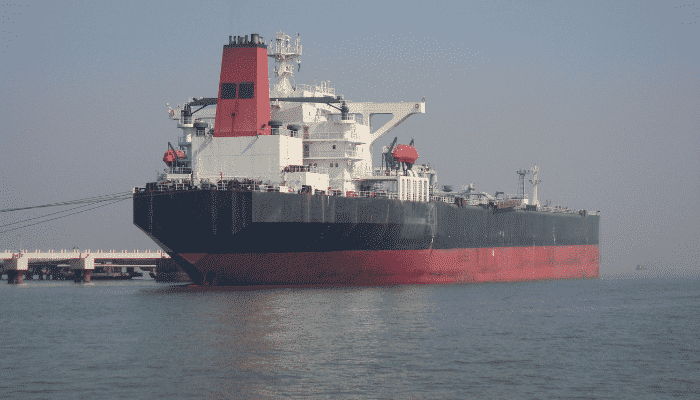
OBO vessels were very popular in the year 1955-1980 and a sudden rise was seen during this period. One of the biggest OBO carriers of this period –MV Derbyshire was of approximately 180000 DWT.
Unfortunately, it sank in the Pacific Ocean after fighting a terrific storm while it was carrying ore as cargo.
Why are OBO Becoming Unpopular? – Construction and Features
OBO is normally constructed with a single deck to impart structural strength to the vessel in addition to several divisions of transverse bulkheads which divides the cargo holds.
Hatches for cargo hold are generally made in two pieces as larger and single hatches will reduce the structural strength of the ship. Also unlike bulk carriers, OBO vessel has pipe lines and equipments on deck which are used in operation while carrying liquid cargo. Moreover, a single large cover can hinder the operation of loading and unloading of oil cargo.
However, OBO vessels are losing their popularity because of the following reasons:
1) They are expensive to construct.
2) Loading of bulk cargo requires conveyors and grabs. Due to small hatch opening, the access for bigger grab and belts become difficult and take more time to load / unload the cargo.
3) Additional trimming of ship is required as the equipment above the deck can hinder the crane movement.
4) Equipments located above the hatches have to be removed temporarily by means of crane, which increases the port stay and overall cost of operation.
5) The equipments above deck can be damaged by the cranes and equipment used for loading and unloading operation of bulk cargo.
6) The load distribution of OBO ship is not even and the overall structure is not stiff which may result in deformation of bulkhead at rough weather.
7) Another major problem of OBO ship is the movement of cargo in the hold which results in list and instability of the ship due to the shift in the center of gravity of the ship.
8 ) When carrying oil as cargo, major problems arises due to two piece hatches which do not seal properly, leading to inert gas leakage and increase in fire risk.
9) When carrying oil cargo chances of oil leaking out in deck also arises due to improper sealing.
10) Unlike in bulk carrier, piping systems are laid inside oil cargo holds, which complicates the process of cargo hold cleaning, required during the switching of cargo.
11) Equipments on deck for OBO vessel are exposed to different types of bulk and liquid cargo and also to sea water, thus demanding proper and regular maintenance and increasing the operational cost of the vessel.
Due to all the above points, OBO ships have became unpopular. Thus, nowadays very few OBO ship are sailing on high seas.
If you liked this article, you may also like to read Cargo ship and World largest cruise ship .
Do you have info to share with us ? Suggest a correction
Latest Type Of Ships Articles You Would Like:
Subscribe To Our Newsletters
By subscribing, you agree to our Privacy Policy and may receive occasional deal communications; you can unsubscribe anytime.



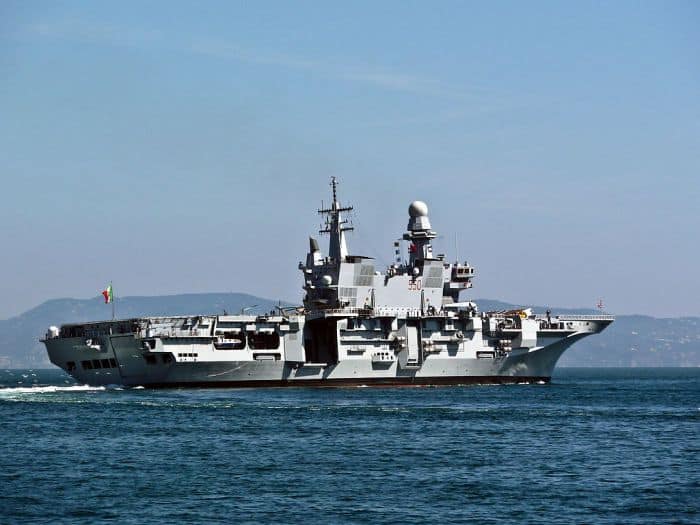
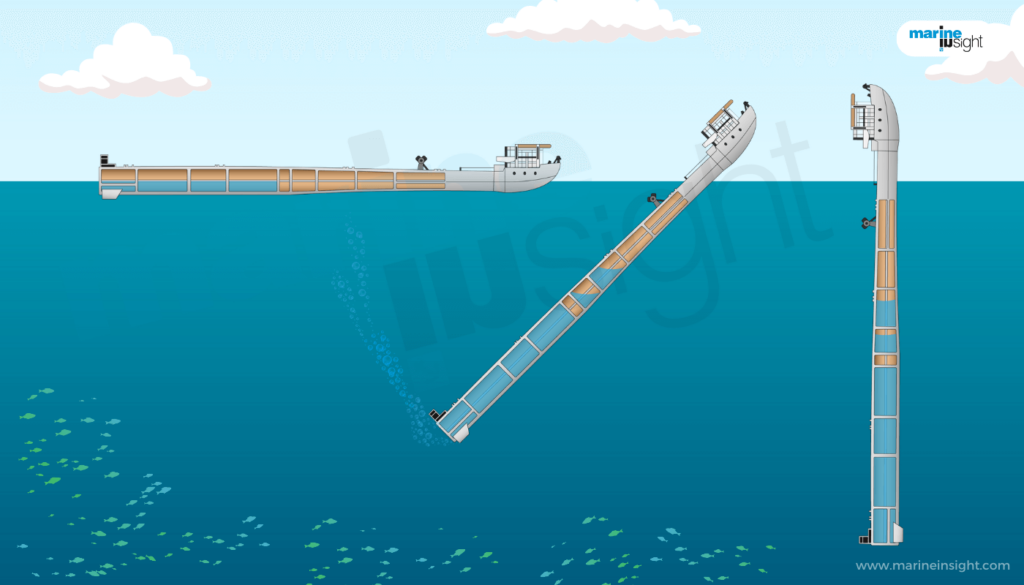
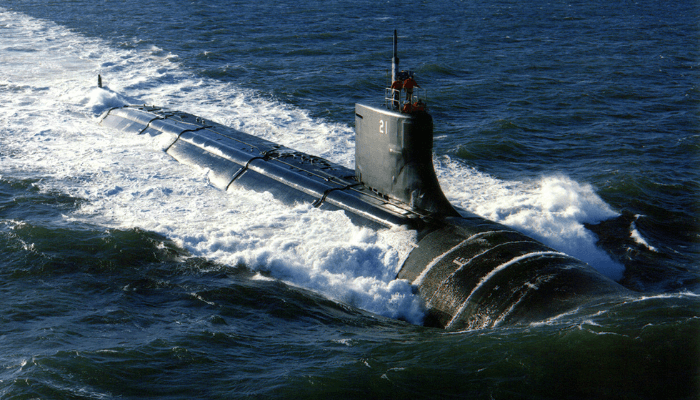
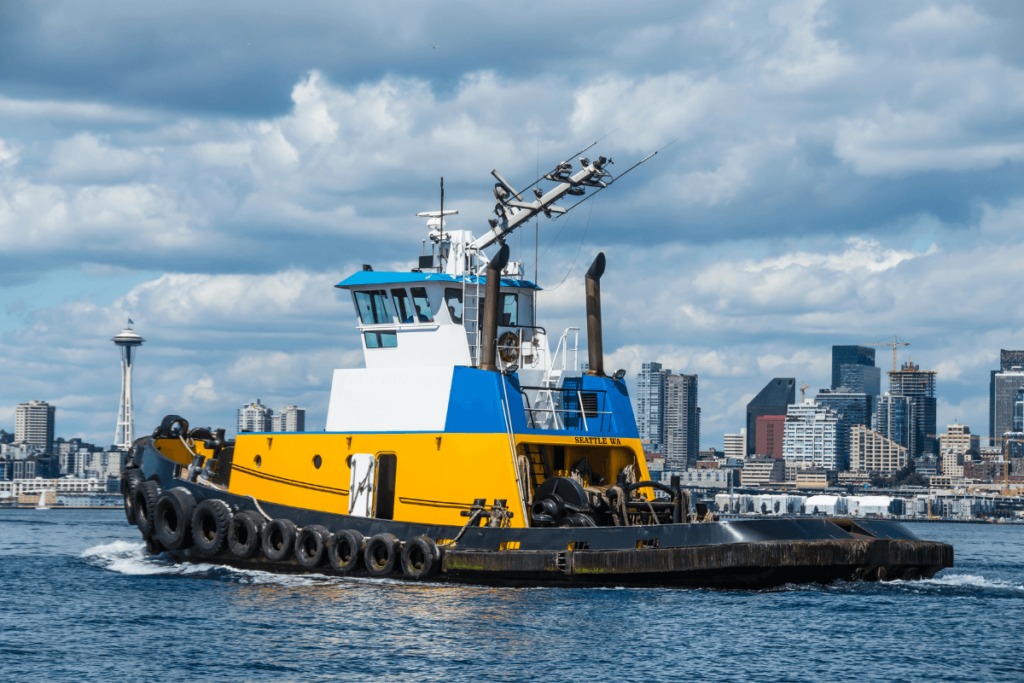

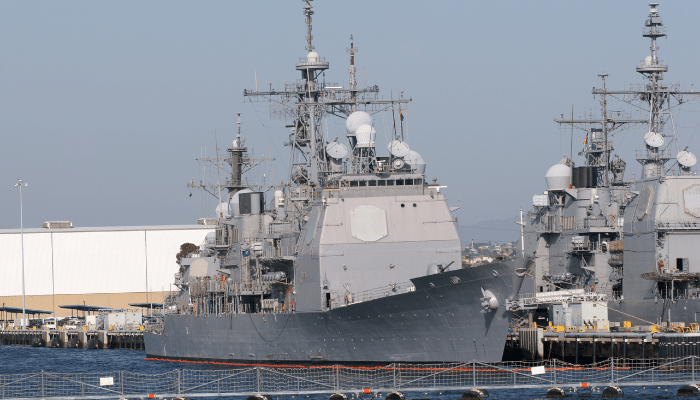

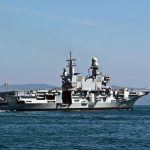
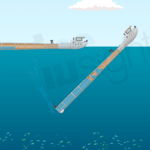
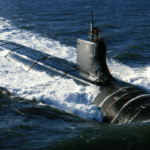
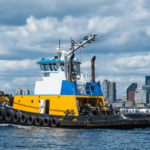
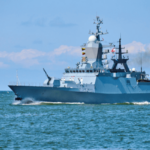
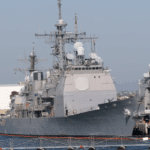
Wow I did not know that
Hello
Am a Kenyan student,currently in my second year in Marine Engineering. I’ve undergone training as a deck cadet. I appreciate the information gained from this site and would love to know more each day. Kindly inform me through email.
Thanks in advance
This is very insightful. Can I please request for a few IMO numbers that fit this category
@VICK: IMO 7517507 – Arctic
IMO7643978 MARQUIZ
IMO 8138712 NEFTERUDOVOZ